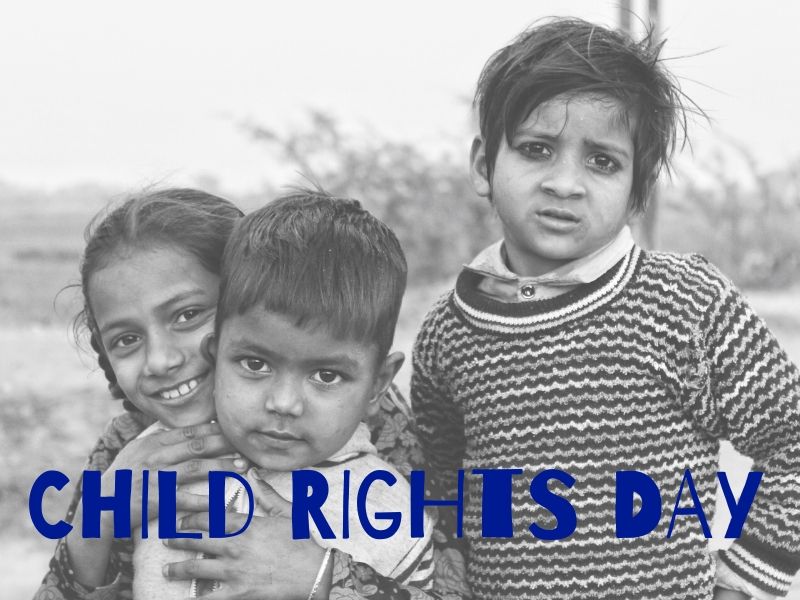Around the world, children are showing us their strength and leadership advocating for a more sustainable world for all. Let’s build on advances and re-commit to putting children first. For every child, every right. – UN Secretary-General António Guterres
First established on 20 November, 1954 as Universal Children’s Day by the United Nations, the day is observed to improve children’s welfare and promote awareness. On this same day in 1959, the UN General Assembly adopted the Declaration of the Rights of the Child. While in 1989, it adopted the Convention on the Rights of the Child and this day is also celebrated as Child Rights Day.
Here are some statistics you should know about children:
India leads the tally in the world when it comes to child sexual exploitation. Statistics reveal every 155 minutes, a child under 16 years of age is raped.
There was a marked 45% reduction in child labour between 2004-05 and 2009-10, due to schemes like Right to Education, MNREGA, Mid-Day Meal as well as NGOs. In 2014, the number of child labourers decreased by 65% – from 1.26 crore to 82.2 lakh between Census 2001 to Census 2011.
About 1 billion children aged 2 to 17 have experienced physical, sexual, or emotional violence or neglect during 2015.
According to a 2007 study conducted by India’s ministry of women and child development, 53% of children surveyed said they had been subjected to some form of sexual abuse.
About 152 million children are engaged in child labour among which 73 million work under hazardous conditions. In India alone, there are over 82 lakh child labourers (aged between 5 – 14 years).
41 percent of girls in least-developed countries are married before age 18.
A World Bank study indicates that as many as 3 in 10 children with disabilities that have never been to school. Children with disabilities are almost 4 times more likely to experience physical or sexual violence.
200 million girls have experienced female genital mutilation.
About 126 million girls are missing around the world due to a preference for sons and prenatal sex selection.
A cyber bullying study by i-Safe foundation found that more than half the teens have been victims of cyber bullying and most children do not tell their parents. Suicide games like the Blue Whale Challenge have claimed the lives of 100s of children.
Only 1 in 5 children, aged six months to two years, living in the poorest households, gets to eat a healthy diet for overall development.
For high-income countries such as the UK, children tend to be twice as overweight as poor countries.
According to a report by Anne Longfield, England’s children’s commissioner, by the time a kid turns 18 years, there will be about 70,000 posts about them on the internet due to apps collecting data on kids.
From 2000 to 2017, the global maternal mortality ratio declined by 38 percent, that is, from 342 deaths to 211 deaths per 100,000 live births, according to the UN inter-agency. South Asia achieved the greatest overall percentage reduction in MMR, with a reduction of 59 percent.
